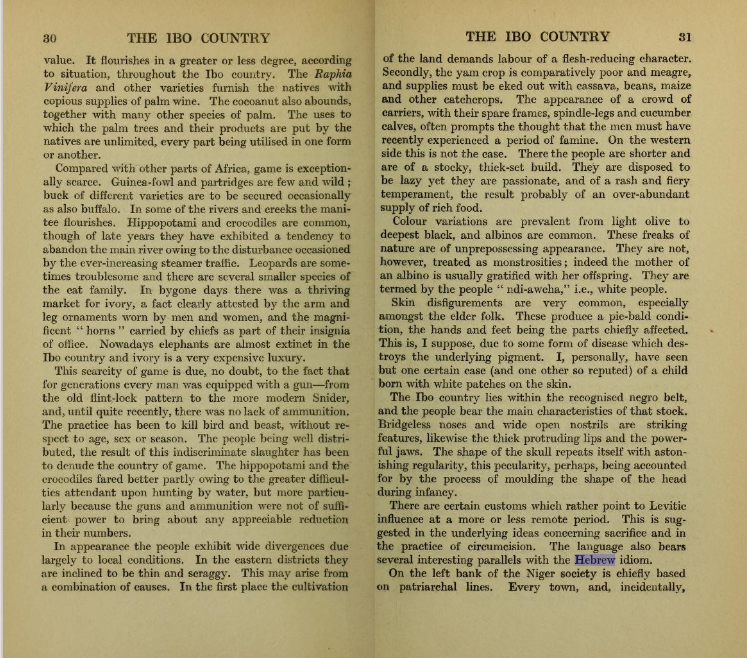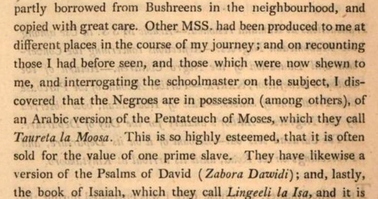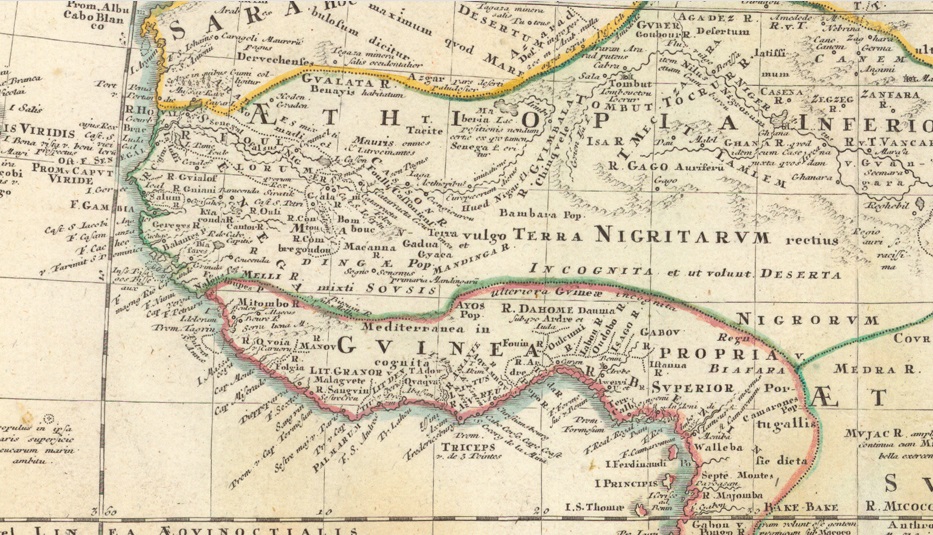Many of us have heard and even sang Kumbaya at some point in our lives, but most people are not aware of the origin of the song or the meaning of the words. The earliest known recording of the song was in 1926, but some believe it is of a much older and of West African origin. The commonly accepted translation of the word is “come by here”, but that may not be the case for long.
- The word Kumbaya (Kum-ba-yah) may actually be a complete Hebrew sentence.
- The original song was sung in Gullah, which is a Hebrew word.
According to history, the song was first recorded in the early 1920s. However, it is believed to have originated with Southern Slaves in the Gullah language. Gullah is a language that was spoken by slaves that inhabited North Carolina, South Carolina, Georgia, and Florida.
Kumbaya Lyrics
- Kumbaya my Lord, kumbaya
- Kumbaya my Lord, kumbaya
- Kumbaya my Lord, kumbaya
- Oh Lord, kumbaya
- Someone’s singing Lord, kumbaya
- Someone’s singing Lord, kumbaya
- Someone’s singing Lord, kumbaya
- Oh Lord, kumbaya
- Someone’s laughing, Lord, kumbaya
- Someone’s laughing, Lord, kumbaya
- Someone’s laughing, Lord, kumbaya
- Oh Lord, kumbaya
- Someone’s crying, Lord, kumbaya
- Someone’s crying, Lord, kumbaya
- Someone’s crying, Lord, kumbaya
- Oh Lord, kumbaya
- Someone’s praying, Lord, kumbaya
- Someone’s praying, Lord, kumbaya
- Someone’s praying, Lord, kumbaya
- Oh Lord, kumbaya
- Someone’s sleeping, Lord, kumbaya
- Someone’s sleeping, Lord, kumbaya
- Someone’s sleeping, Lord, kumbaya
- Oh Lord, kumbaya
- Oh Lord, kumbaya
Here is a break down of what the phrase Kum-ba-yah means in Hebrew.
The Meaning of Kumbaya
- Kum (Qum): Strong’s #6965 – Stand up, arise
- Ba: Doesn’t have any meaning alone in Hebrew, but may be an abbreviation for Abba, which means “father” (unconfirmed).
- Yah: Strong’s #3050 – This word is translated as LORD in scripture when referring to the God of Israel.
Loosely translated, the lyrics seem to mean “arise father God” or “stand up father God”, and NOT “come by here” as tradition holds to. This may have been a cry for help from the enslaved to Yah, the God of Israel, to free them from slavery.
As with everything else we create, it was quickly appropriated into European culture. Europeans have an obsession with appropriating Hebrew culture. Part of the reason for concluding that the words are Hebrew in origin is due to the fact that it was sang in Gullah, which is also a Hebrew word.
That link is a direct link to the Library of Congress website (loc.gov). Right there on the cover is a Hebrew newspaper with Hebrew writing on it. While they push fake European Jews throughout the “research”, it does further confirm that we are indeed on the right track. Our people are Hebrews.
A Brief History of Gullah
Gullah Gullah Island was a popular TV series, which was one of the few shows airing on Nickelodeon that featured a majority black cast in the 1990s.
Every week they’d teach about Gullah culture and more. The United States government officially recognizes Gullah as a language consisting of Creole (French + English) and West African. It’s the “West African” language that that leads us back to the 1747 AD Emanuel Bowen map that shows The Kingdom of Juda located in West Africa.

There are very strong links between the Inquisition and the Transatlantic Slave Trade that indicate a Jewish presence in the same places the slave trade occurred. We also know that many West Africans spoke Arabic due to the spread of Islam throughout Africa during the Arab Conquests. and had copies of the Torah written in Arabic. Some explorers also note that many slaves came to America speaking ancient Hebrew, Arabic, and local Patois.
The Meaning of Gullah
- Gullah: Strong’s #1543 – basin, bowl, spring
The Gullah language is a mixture of languages, so the Hebrew word for bowl or basin is fitting, since those are typically used for mixing things together. All evidence points to Kumbaya being a Hebrew song created by descendants of The Kingdom of Juda in West Africa. It also serves as evidence that not only did slaves speak Hebrew when they arrived in America, but managed to preserve at least some of the language through song. It is only by the grace of God that this song survives along with it’s origin story.
Israelites Passed Messages and History Through Song
In the Bible we often see Israelites singing songs after miracles, battles, and for various other reasons. Here are a few examples from scripture:
- Moses sang after Pharaoh was drowned (Exodus 15:1).
- Israel sang after hearing they’d receive water (Numbers 21:17).
- God told Moses to write a song as a witness against Israel (Deuteronomy 31:19).
- David sang when he was delivered from his enemies (2 Samuel 22:1).
- A song of dedication at the house of David (Psalms 30:1)
Israelites have always been a musical people.





